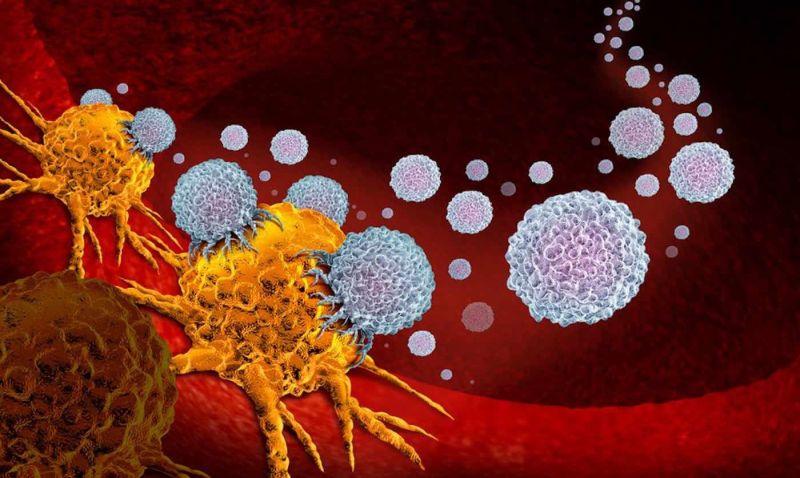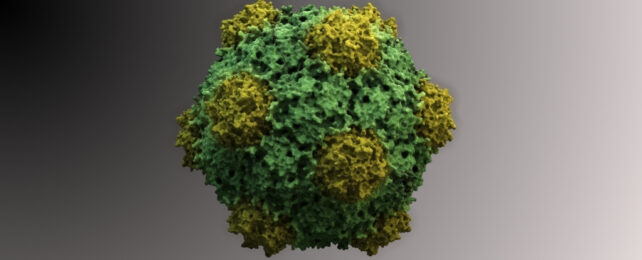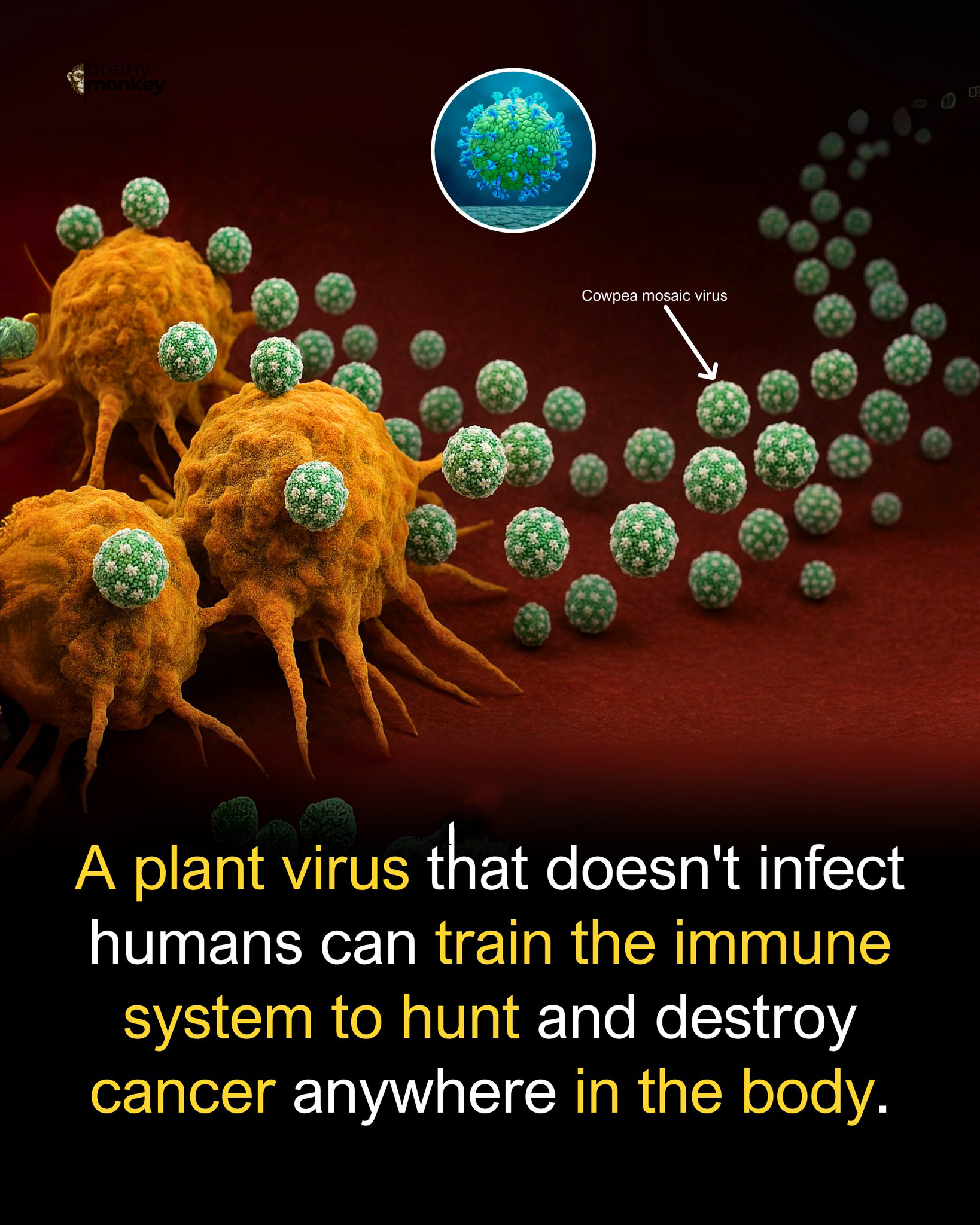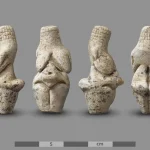A Plant Virus That Teaches the Immune System to Fight Cancer

Scientists have discovered that a harmless plant virus — the cowpea mosaic virus (CPMV) — may hold the key to training the human immune system to hunt down and destroy cancer. The virus, which naturally infects legumes such as black-eyed peas but poses no threat to humans, is emerging as an unlikely yet powerful ally in the fight against tumors.
How It Works
Researchers at the University of California San Diego found that when CPMV is injected directly into a tumor, it triggers a dramatic immune reaction. The virus acts like bait, alerting the body to danger and summoning an army of immune cells.
First responders such as neutrophils, macrophages, and natural killer cells swarm the tumor.
Adaptive defenders — B cells and T cells — are then activated, building a long-term memory of the cancer cells.
The result is not just a local attack on the treated tumor, but a system-wide hunt for cancer. Once “trained,” the immune system begins identifying and destroying cancer cells elsewhere in the body, much like how it responds to viruses after vaccination.
Results So Far
In preclinical tests, CPMV therapy has shown striking success:
Mice with aggressive cancers saw tumors shrink and disappear.
Pet dogs with spontaneous cancers (similar to human cancers) responded strongly, with improved outcomes and, in some cases, long-term protection.
The immune memory created by the virus appears to provide lasting defense, reducing the risk of relapse.
Why CPMV Stands Out
Immunotherapy has already transformed cancer treatment, but many approaches rely on expensive engineered drugs. CPMV offers several unique advantages:
Natural and safe: it cannot infect humans.
Low cost: derived from common legumes, it’s relatively inexpensive to produce.
Potent and durable: it not only shrinks tumors but also equips the immune system to fight future ones.
What’s Next
While CPMV is still in the preclinical stage, the results have been promising enough to accelerate progress toward human trials. Researchers hope that within the next few years, this humble plant virus could become part of a new wave of accessible, powerful cancer immunotherapies.
As one scientist put it, “We’re essentially retraining the body to see cancer as an enemy it must remember and destroy.”
A Glimpse of the Future
Though much work lies ahead, CPMV offers a glimpse of a future where cancer treatment may rely less on toxic chemotherapies and more on the body’s own defense systems. From the fields of legumes to the cutting edge of medicine, this tiny plant virus may help unlock one of the greatest challenges in modern health.











